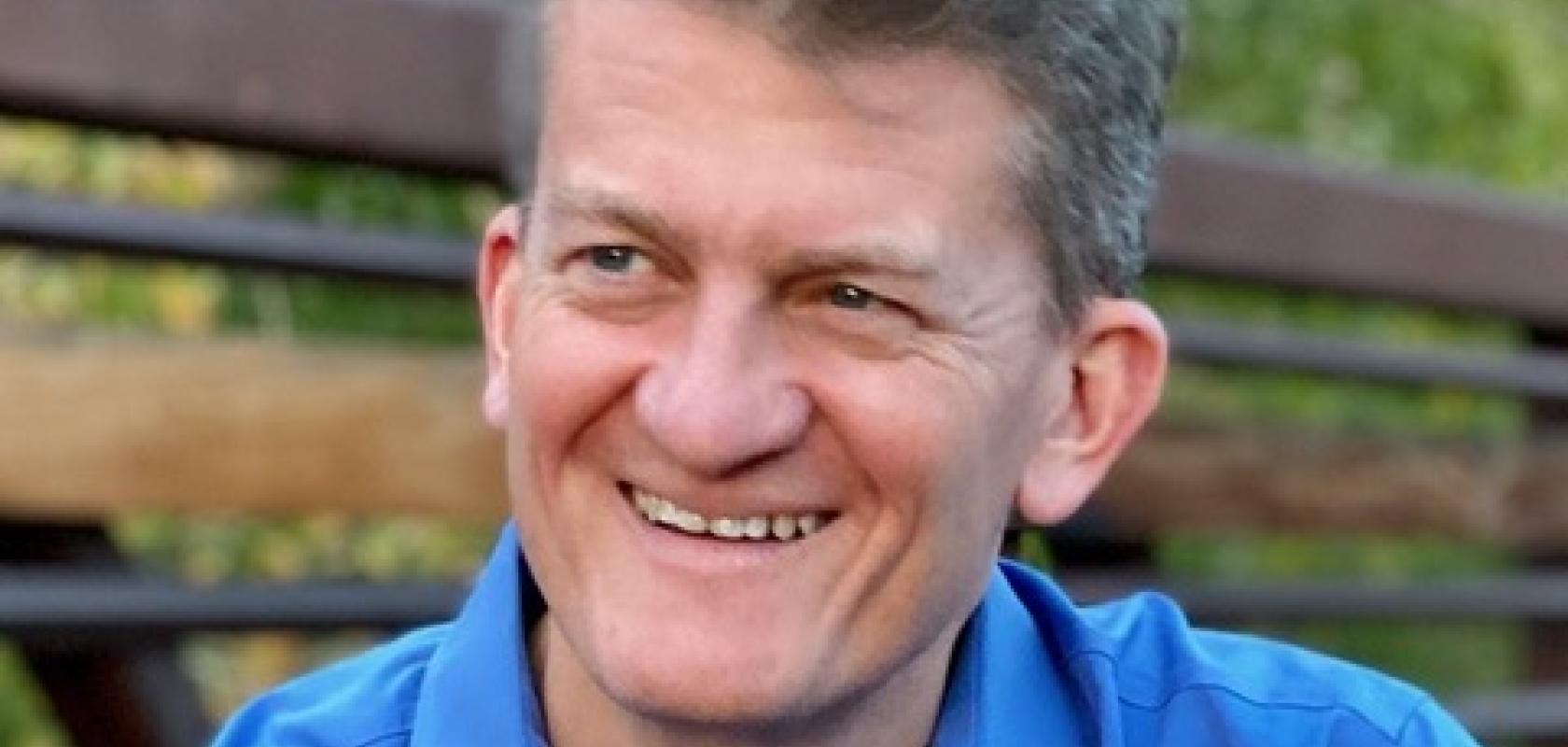Being confident and optimistic about future success may not come naturally to data-driven scientists – but it is key to approaching challenges outside of the lab, writes Dr David Giltner, founder and president of TurningScience
The last job I had before starting my own business was working for a company that developed laser-based combustion monitoring for industrial furnaces. As director of product management, I spent a lot of time working closely with the CEO on business development and new product directions. During our trips to visit potential customers and business partners, we often ended up sharing stories over beers after dinner. Many of these stories were business related, but we often discussed our lives outside of work.
He was a big sports fan and often told stories that relayed valuable leadership principles. During one such conversation, we were discussing the ‘old guy hockey’ he played once a week, and he commented, ‘When I step out on the ice, I never consider that we might not win.’ My scientist brain was triggered by that comment, and I blurted back, ‘What?? How can you think that? There’s always a chance you will lose. What about the data? Have you won every game?’ ‘No, we certainly haven’t.’ he replied. ‘I just don’t consider that we might lose.’ I left the conversation confused how a rational guy like our CEO could think something so unrealistic.
Several years passed since that conversation, and his comment continued to puzzle me. Then, about a month ago, I was talking about decision-making during one of my private sector workshops, when it suddenly dawned on me what he was trying to communicate. It’s not that he was denying reality or believing some fantasy that his team was invincible. What he was telling me was that he approached every new game with the mindset that winning was completely within reach, and so it was up to him and his team to figure out how to accomplish that goal.
And I suddenly recognised that this attitude that any game/challenge is winnable is an attitude I’d seen in so many other successful executives. But I’ve found that we scientists and engineers are not so quick to adopt this mindset, and I’ve seen how this can significantly limit our career potential.
In writing my latest book It’s a Game, not a Formula, I interviewed a number of tech company executives to understand their experiences working with scientists and engineers. One of the most common complaints I hear is that we struggle to decide quickly enough. We are slow to commit to a recommendation until we’ve done enough analysis to be confident we have the right answer.
And when I’m completely honest with myself, I have to admit that I struggle with this as well. As researchers many of us have been trained to look carefully and systematically for the right answers, even if it takes months or years. This is very important for our lab work, but it’s easy for us to carry this habit outside the lab into other areas of our work as well. We tend to engage in what I call ‘formula thinking’, where we expect that if we get all of the factors right, the desired outcome will inevitably occur. In the controlled environment of the laboratory, this is a valid and useful approach.
But this is not how successful business leaders think. Companies operate in the world outside the science lab, where there are many factors that are not so predictable. Good business leaders recognise this, and they are much more likely to engage in what I call ‘game thinking’. They realise that speed is critical, so while they still take some time for analysis to determine a good path forward, they are much faster to get in there and play the game. They are much more comfortable committing to a path without knowing for certain if it will work. They aren’t afraid to take the shot, knowing that they might miss, because they realise that they will likely have another chance.
Successful business leaders recognise that the execution of the plan is the hardest and riskiest part, so they focus on how to win from a good starting point, rather than spending too much time on finding the ideal starting point. I’ve learned that many good leaders adopt an attitude that they can probably build a great product, service, or business from several different starting points. There’s a saying in the startup world that a mediocre team with a great idea is in trouble, but a great team with a mediocre idea can make big things happen. Why? Because the biggest challenges aren’t in finding an idea that will work, it’s in making things work the way you plan. That’s where predicted challenges are replaced by real challenges. And the only way to know what real challenges you and the team will face is to get out there and play the game.
And this is the thinking encapsulated in my colleague’s story. Rather than focusing on how likely they were to win any particular game, he approached every game as though victory was possible, and with that attitude, he believed he and the team were more likely to make it happen.
So, what practical advice can we condense from this story to improve our own careers? There’s a very helpful decision making-technique I use, and it’s based in the ‘game thinking’ that I described here. When I’m faced with a tough decision, I always start with careful analysis of all of the options available. But there usually comes a point where I’m down to two or three possible paths, and not enough information to know which path forward will result in the best outcome. At that point, I follow the technique: ‘Pick the one you like best, and work to make that choice the right decision’.
I like this technique because it reminds me that only after I make a decision can I work at making it successful. Rather than continuing my effort to predict how things might turn out, I’m more likely to be successful if I just start moving forward. After all, I can’t do anything with the hypothetical problems I consider in my pre-decision analysis, but I can absolutely tackle the real problems that I find once I make a decision and set out to make it work.
As my boss was trying to tell me with his ‘old guy hockey’ story, a game is not won or lost at the start of the game. It’s won or lost by the actions you take and the decisions you make after game play begins. Don’t spend too much time worrying and overthinking. Get out there and play to win!
-
David Giltner is the author of the books It’s a Game, Not a Formula and Turning Science into Things People Need, and is a speaker and mentor on the topics of technology commercialisation, product development, and career design. After more than 20 years commercialising photonics technologies, in 2017 he started TurningScience to provide training for scientists of all disciplines working in the private sector as employees, collaborators, or entrepreneurs.


